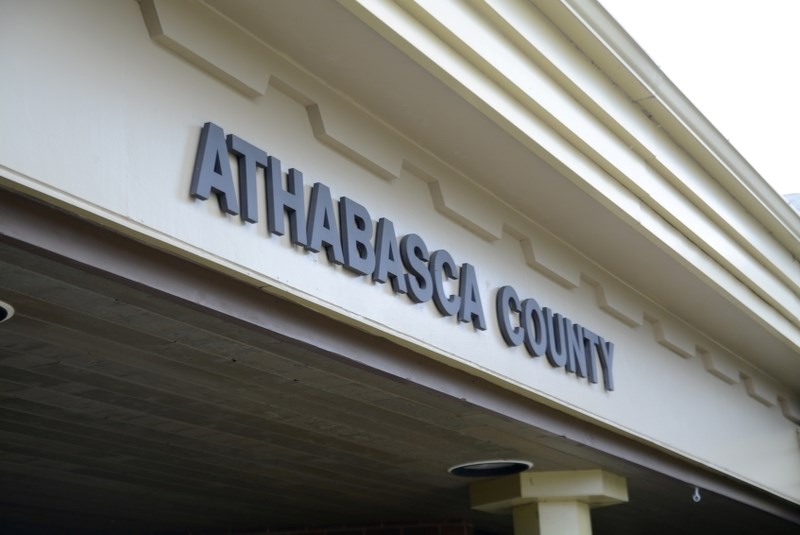ATHABASCA – It took Athabasca County councillors seven months, multiple revisions, more than one argument and a failed legal challenge, but the municipality officially has a new water rate bylaw as of May 1.
Anyone accessing water through Athabasca County, whether it’s through a pipe or a truck fill, will be paying $6 per cubic metre down from $9 thanks to a new water rate bylaw that narrowly passed with a 5-4 vote. Reeve Tracy Holland and councillors Gary Cromwell Rob Minns, Kelly Chamzuk and Joe Gerlach were in favour, with councillors Brian Hall, Ashtin Anderson, Natasha Kapitaniuk, and Camille Wallach opposed
The change is expected to cost the county about $290,000, but Reeve Tracy Holland said the table felt it was more important to lend residents a helping hand in a touch economy.
“Instead of having the user pay, it’s not been subsidized across the county like all our other services have been. It puts it in line with all our other services, and it allows us to be more competitive economically for economic development situations,” she said.
“We’ve been experiencing the cost of living increases, but also with our assessments where we’re seeing an increase as well. This is another area where we’re able to soften the blow and take away some of the burden.”
The only exception to the flat $6 rate is the hamlet of Colinton where residents will pay a subsidized rate of $4.24 due to the longstanding local improvement levy. The levy, which was raised to pay for a water line extension to the hamlet, has been a sticking point for certain councillors at the table, including Holland and Cromwell.
“There’s been much confusion as to why there’s different rates. We were trying to make the rates uniform across the county, and there was confusion over why Colinton was at a different rate,” said Holland.
Council directed administration to prepare a repealing bylaw for local improvement levy. If the bylaw passes, the water rate would have to go back before council. An amendment, proposed by Anderson, would have removed the need for the bylaw to return, but it was defeated by in a 5-4 vote.
The discussion around water rates dates back to an October 2024 delegation from Ryan Park, a business owner in Grassland who asked councillors what they could do about the high water bills the Ramada Inn was dealing with. From there, it bounced around between committee of the whole and council until administration gave councillors a list of three scenarios: $8, $7, and $6 cubic metres, with a minimum charge of 5 cubic metres for users hooked up to the water lines.
Councillors split into two factions when it came to the water rates. Holland, Cromwell, Minns, Chamzuk and Gerlach were all in favour of a flat rate across the board, meaning industry, residents, and anyone else using a truck fill station would be paying the same rate. Hall, Anderson, Kapitaniuk, and Wallach were opposed to the full subsidy, pointing out the looming costs faced by the municipality, as well as the issue of fairness: should residents have to eat the costs for industrial usage?
Hall said he felt the process hadn’t been a truly collaborative one, with many of the decisions and votes feeling pre-determined by the majority at the table.
“It absolutely was nowhere near as collaborative as it has been in the past. One only needs to look back at the last time we changed the water rates bylaw and look at the length of discussions that occurred around finding compromise.”
Holland said the process was collaborative, pointing to the numerous meetings between council and committee of the whole, and the eight months it took to get a new bylaw into place.
“I believe it was a very collaborative process, as far as I’m concerned,” she said. “We talked this thing to death.”
The initial first reading of the bylaw April 15 was defeated, with Gerlach flipping to the opposing side, right before councillors broke for lunch. When they returned, the bylaw was reintroduced without an amendment, with Gerlach now voting in favour over the protests of Wallach, Anderson, and Kapitaniuk.
Hall later introduced a motion to send the bylaw to outside counsel for legal review as he believed the procedural bylaw had been broken, but the motion was defeated in a 5-4 vote.



